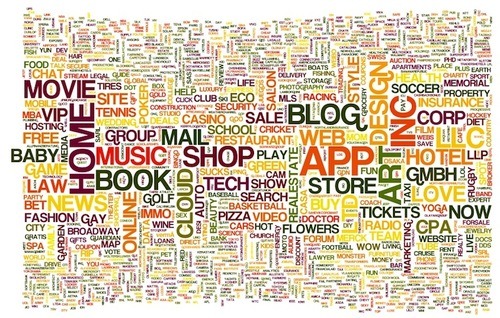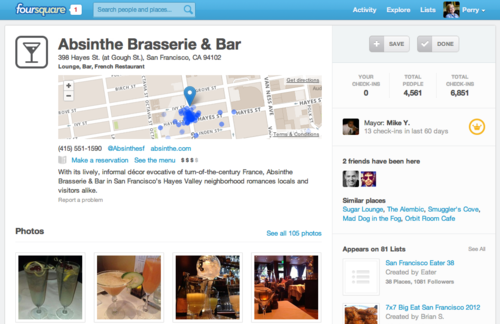Pew Internet recently issued a report featuring divergent opinions on gamification, and asked respondents to consider how gamification might fit into people’s day-to-day digital lives by 2020. I agreed more with the statement that it would be “implemented in many new ways for education, health, work, and other aspects of human connection.”
My take is that gamification will play a central role because it can capture existing offline behaviors for personal and professional behaviors and make them visible in compelling new ways, as the Quantified Self community does. Digital can take the near-universal human instinct to measure and improve and make it visible for the benefit of individuals (“how’s my running routine really going?”) and institutions (“how can we motivate and empower lower performers?”).
Susan Crawford points out important risks in blindly following a game-driven approach: “if everything was a game, no one would have a reason to invent; any metric corrupts, as people shape their behavior to ensure that they come out on top. There have to be other routes to excellence in work, health, and education…” This is an important corollary to Michael Sandel’s recent thinking about the moral limits of markets — there are distinct hidden costs to a society wholly driven by price-tag or gamified points systems.
Both individuals and institutions have interest in some level of gamification to achieve badly-needed improved outcomes in health or learning. The need for effective approaches within both longstanding entities like the Department of Health and Human Services and new educational initiatives like edX is too great not to consider gamification as a meaningful part of the solution.


 Thanks to Nathan Matias for a
Thanks to Nathan Matias for a 
